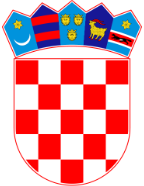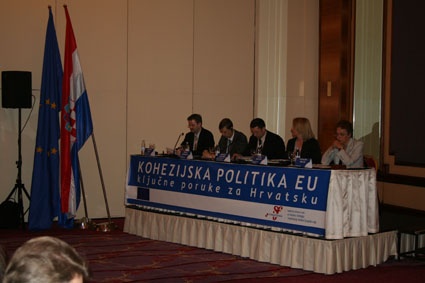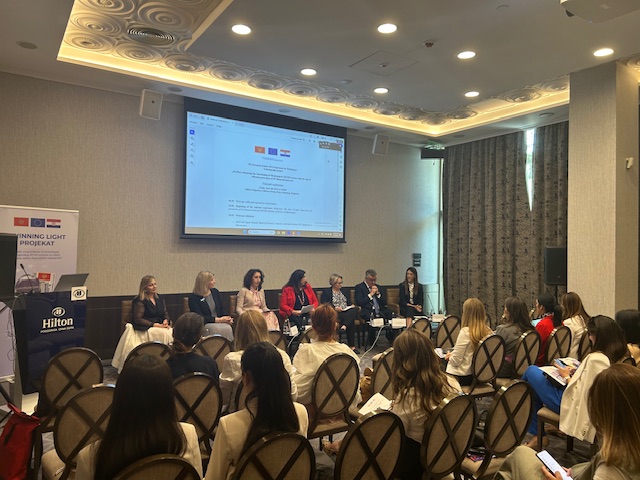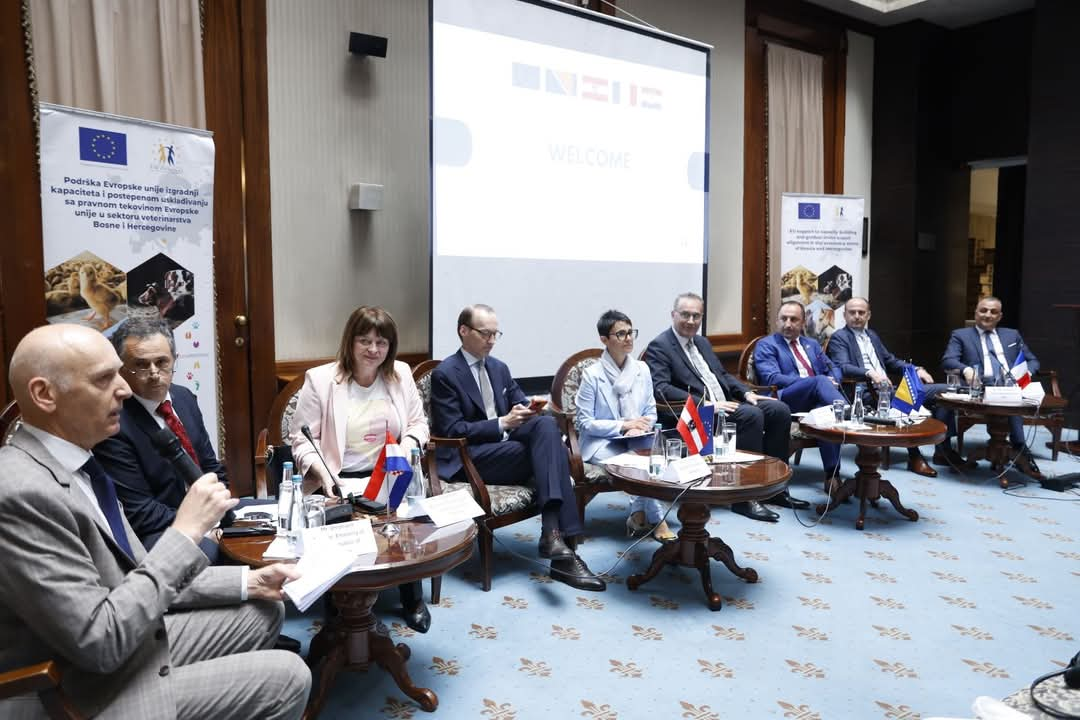Croatia\’s per-capita GDP is below 75 per cent of the EU average (namely 55 per cent, according to Eurostat figures for 2007), which is a condition for the use of funds from the EU structural funds, so Croatia should be a significant net recipient of EU aid, said Oskar Benedikt, head of the Department for Social Cohesion, Regional Development and Infrastructure in the European Commission Delegation in Zagreb.
Management of those funds is the crucial, possibly the most problematic area, because there is a possibility of multiple mistakes, irregularities and fraud, which is why it is necessary to establish an effective control system, Benedikt said.
In order to qualify for EU development aid, Croatia will also have to prove its absorption capacity, both on the national and the regional level, which is already being tested at the present, pre-accession stage and has proved to be very good, he added.
Speaking of Croatia\’s strategic development priorities within the EU structural instruments, the State Secretary of the Central Office for the Development Strategy and Coordination of EU Funds, Hrvoje Dolenec, cited four areas — sustainable development, strengthening economic competitiveness, infrastructure development and investment in human resources.
Dolenec said that investments were possible in small and medium-sized enterprises, research and development, information society, human resources, social inclusion and basic infrastructure.
The conference was organised by the Central Office for the Development Strategy and Coordination of EU Funds under the Phare 2006 project \”Development of institutional capacity for the management of EU Structural Funds post-accession\”.
EU cohesion policy promotes economic and social cohesion in the EU by increasing the competitiveness of the EU economy and reducing differences in economic development between EU states and regions. (Hina)










